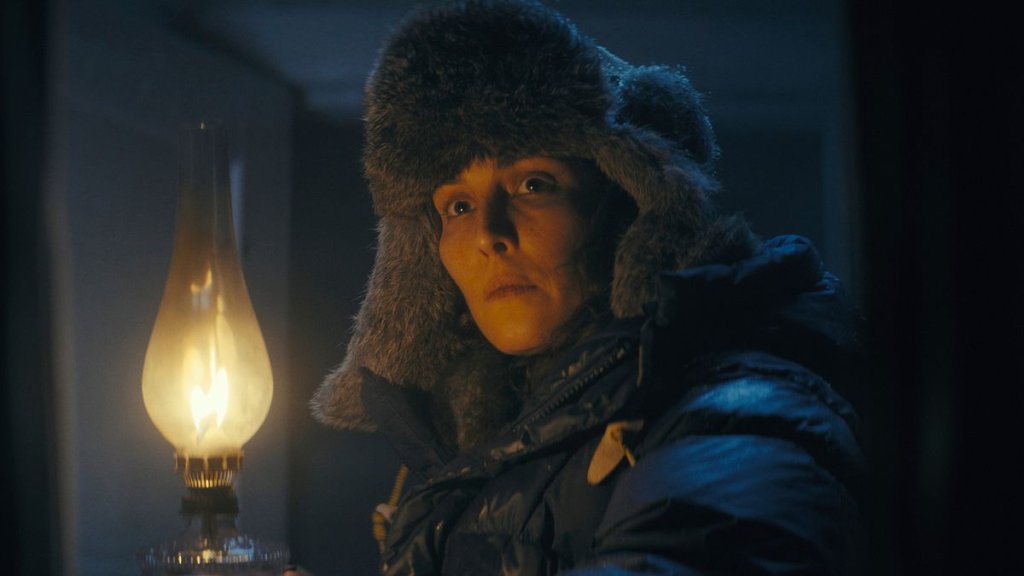
‘Constellation’ season 1 episode 7 review: Fumbling around in the dark (Image Credit: Space.com)
We’re now in the final stretch of the first season of “Constellation” (we don’t know if there’ll be more), and while the conclusion is beginning to take shape, we’re not sure whether it all justifies eight episodes. In episode 7, we’re back to walking in circles for most of the runtime. However, the more personal moments, solid acting all-around, and cool visual tricks prevent this chapter from sinking.
Joseph Cedar (“Our Boys”) stays around for ‘Through the Looking Glass’ and once again demonstrates he’s got the juice when it comes to planning and executing ‘show, don’t tell’ moments that maybe would’ve fallen flat in other hands. The script isn’t nearly as playful, however.
We’ve been saying since the very beginning that “Constellation” didn’t exactly have many things to say for your standard eight-episode season, and that’s still true. With only one episode left, it feels like the entire show is being carried by the cast, the production values, and the visual artistry on display.
“Constellation” is just one of the many exciting new sci-fi shows and movies coming out in 2024: Halo’s second season has been a fun ride that’s about to wrap up; Dune: Part Two is the movie that everyone has been talking about for weeks; and the Adam Sandler-led, trippy space flick titled Spaceman is a solid watch on Netflix.
Spoilers ahead for “Constellation” season 1 episode 7: ‘Through the Looking Glass’
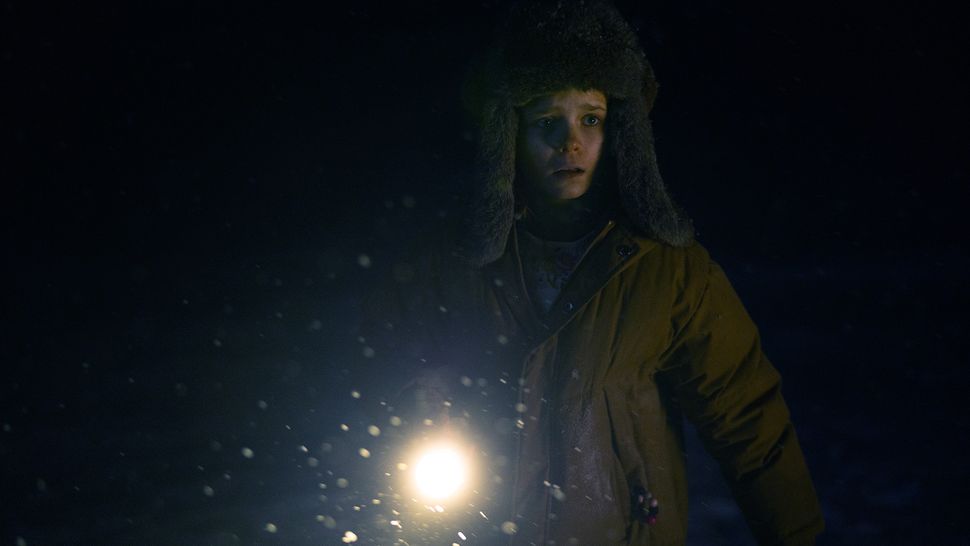
As theorized in last week’s episode 6 review, Rosie and Davina Coleman’s Alice has gradually become the key to figuring out at least the emotional conflict at the center of the series. That is, Jo’s (Noomi Rapace) disconnect from her former reality and struggle to adapt to a different one. It’s a compelling drama to follow on a sci-fi level and a more personal one.
We’re well aware of the universe-bending stuff going on, but a simpler show that strictly focused on a mother’s struggle to re-connect with her family after an outer-space accident would’ve worked as well as this one (if not better).
With the thin mystery almost completely figured out – bar getting the affected characters where they should be (which may be impossible, given the grounded tone) – the focus is now put on Jo, Alice, Magnus (James D’Arcy), and Henry/Bud Caldera (Jonathan Banks) coming to terms with the post-accident state of things and looking for a way forward. Of course, this won’t be easy, and that’s why a second season might happen. That said, if the conspiracy surrounding everything doesn’t become bigger and more menacing in the finale, we’d rather have everything wrapped up next week.
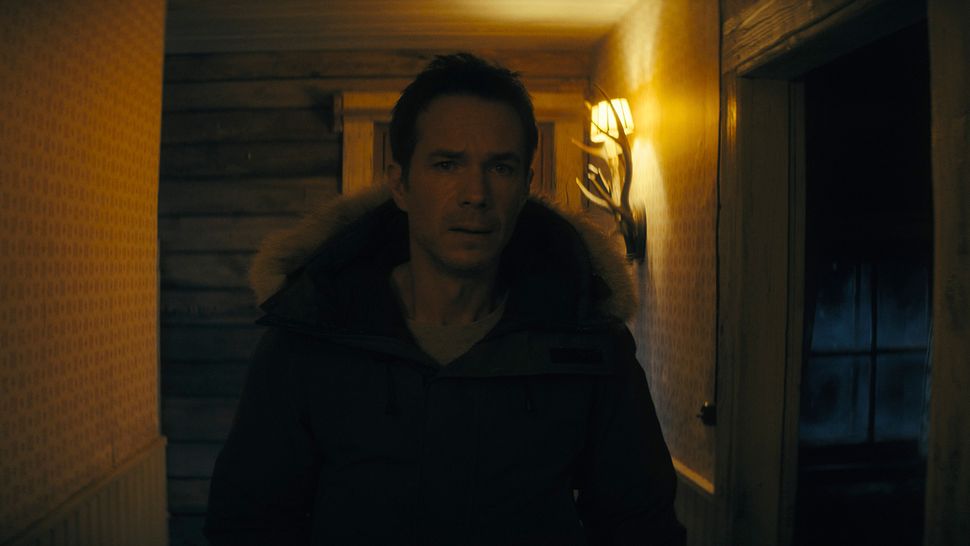
Plot-wise, there isn’t nearly as much to discuss in episode 7 as in previous weeks. For the entire runtime, we’re stuck in the Swedish wilderness as realities collide and each character’s points of view become more important than ever before.
Neither Jo nor Alice nor Henry/Bud have the ability to fix what’s gone wrong, but they can try to understand it and move on from there. In fact, the episode’s strongest moments come from heartfelt interactions rather than the reality-twisting mess seemingly caused by the CAL experiment.
Symbolism also becomes more important than before, with the scenery limited to the cabins where Alice and Jo/Magnus have retreated to and the surrounding wilderness. Pay attention to the creepy paintings, the cat, and other little details. Again, it’s not subtle visual storytelling, but at this point we’ll take anything that makes our mind figure things out on its own.
Our theory on there being more than two realities also gains some traction in ‘Through the Looking Glass’ as the narration advances, although it may not be as simple as we thought.
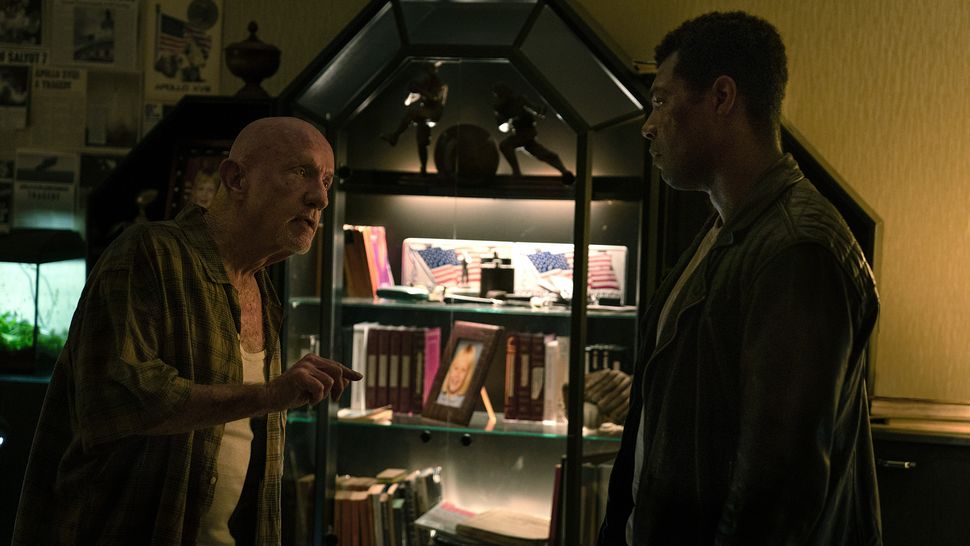
The gist of the situation is that we’re dealing with two of every major character as we swap places between the reality where Paul died (let’s call it the ‘main one’) and the parallel universe where Jo was the International Space Station (ISS) member who perished. As explained last week, the main mechanic “Constellation” has operated with doesn’t explain how both Jo and Paul were able to leave the ISS after a critical malfunction which could only be fixed from the inside. So, what is that extra layer we’re missing?
It’s not unreasonable to expect the pre-existing conspiracy and implied cover-ups by the space exploration institutions to half-explain the dead cosmonaut that seemingly hit the ISS and visions that don’t line up with any of the parallel realities we’ve been following. Moreover, Alice’s ability to establish contact between worlds remains unexpected and far more mysterious than anything going on with those directly involved with the CAL experiment.
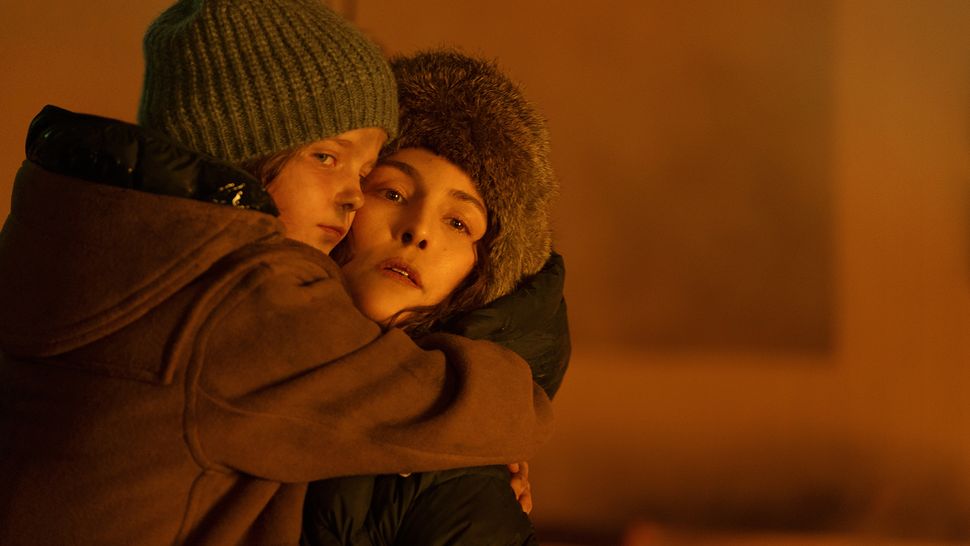
With almost half an episode chasing ‘ghosts’ in the middle of a snowstorm and Magnus winning another ‘Father of the Year’ award after sleeping through two different escapes by Alice, ‘Through the Looking Glass’ sets its sights on the decrepit cabin that matches neither reality A nor reality B. At first, only the Alices can access it before establishing communication thanks to their tape player-recorder, but Jo eventually ‘enters’ it as well. At this point, the episode starts feeling like an ‘Upside Down’ sequence from Stranger Things.
The simple mirror tricks here are effective enough to make the key conversation of the episode stand out, and Jo’s less-than-ideal call to the other reality, her reality, is heart-wrenching for everyone involved; her predicament seems hard (if not impossible) to fix. The Coleman sisters also have better material (and better direction) to work with here and come across as more believable.
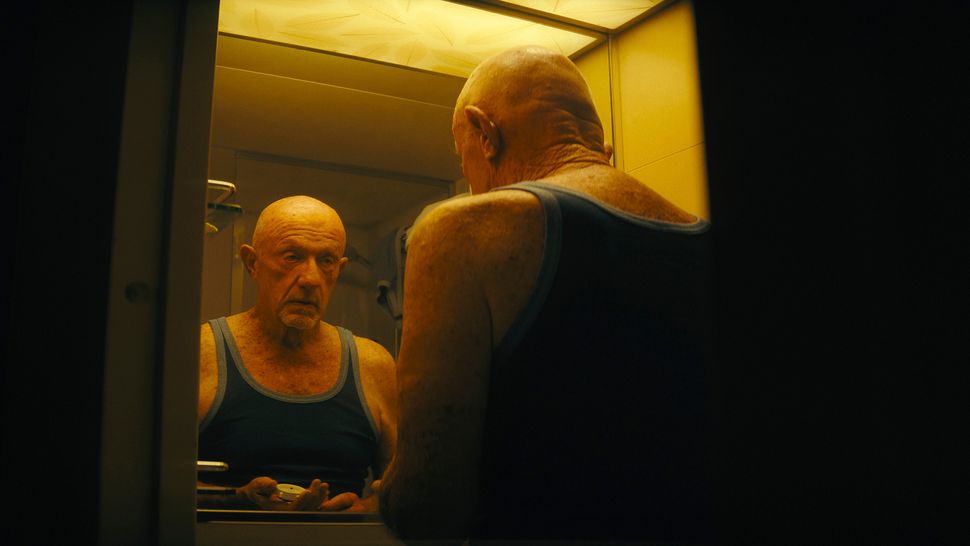
James D’Arcy’s Magnus (at least one of them) also gets some resolution in this chapter. He catches a glimpse of Jo alive beside their daughter, so that should heavily influence how Magnus approaches the next step in their collective journey.
Following a house fire, the Alice from the reality where Jo came back from the ISS nearly dies, and this allows her to ‘tap into’ the third reality again… and get a disturbing visit from the dead cosmonaut (aka ‘The Valya’), who appears to be Irene Lysenko (Barbara Sukowa) somehow. Is the show about to get more fantastical or does Alice’s damaged psyche affect what she can see and hear too?
On top of paying a visit to the place where they’ve taken the increasingly unstable Jo and likely getting some answers from the Roscosmos head, Henry and Bud Caldera appear to have fully swapped places after several episodes of their personalities and memories starting to mix together. It all appears to be shaped by new exposure to the CAL device, so perhaps its effects can be reversed once everyone is on the same page.
The thing is, after wasting at least two episodes in trips that went nowhere, we doubt the remaining one will be enough to wrap it all up with just one season. But how could executive producer Peter Harness justify a complete new set of episodes to deal with a story which, frankly, isn’t that complex nor high-concept? We’re definitely open to suggestions and curious about what the finale will bring.





